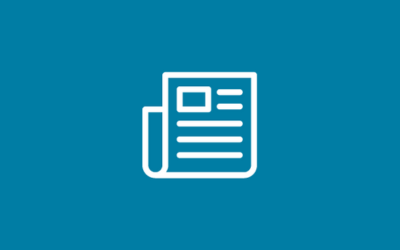The holidays are often looked at the season of giving, and as such, the potential exposure to fraud and scams may increase. A common type of scam involves scammers taking advantage of people’s generosity and kindness by asking for donations to a fake charity or by impersonating a real charity. Such charity scams can involve scammers approaching targets on the street, at their home, over the phone, or on the Internet. Emails and collection boxes may even be marked with stolen logos of genuine charities.
Scammers may pressure you to give a donation and refuse to provide details about the charity, such as their address or contact details. In other cases, they may simply lie. These scams both cost people money and divert much-needed donations away from legitimate causes.
All registered charities in Canada are overseen by the Canada Revenue Agency (CRA) and listed in its database. To search for a charity, please click here for the official CRA list of charities and other qualified donees. This CRA list, which is updated frequently, provides links to official charitable websites for most organizations. You can also contact your local Better Business Bureau to see if they have any information about the organizations that interest you.
If you are faced with a request for money that makes you unsure or uncomfortable, simply ignore the email or letter, hang up the phone, or say no to the person at your door. You don’t have to give any money at all. For additional ways to keep yourself safe this holiday season, please see the following scam prevention tips:
- If you have any doubts at all about the person asking for money, don’t give them any cash, credit card, or bank account details.
- Never give out your personal, credit card, or online account details over the phone unless you made the call and the phone number you dialed came from a trusted source.
- If in doubt, approach a charity directly to make a donation or offer support. Most charities accept donations via their websites, and many automatically send tax receipts to online donors!
- Search the Canada Revenue Agency database to check that the charity that has approached you is genuine.
- Make sure to check monthly bank and credit card statements. If you notice anything suspicious, such as discrepancies or unfamiliar transactions, report them to your bank immediately.
- Many banks offer electronic alerts for fraudulent or suspicious transactions. Contact your bank to find out if this is possible and for help setting them up.
- Never throw away bank statements – always make sure they are shredded safely before recycling. Many popular retailers, such as Walmart, Best Buy, and Costco sell small shredders for home use. Some models cost as little as $30.
- Check annually for signs of identity theft, such as new bank accounts you did not open, withdrawals you did not make, and calls from creditors that either approve or deny credit you do not recall ever applying for.
Parkinson Society British Columbia (PSBC) does not send individuals to retailers to solicit donations, such as grocery stores. We are also unaware of any businesses collecting donations on our behalf at this time. If you are unsure of the legitimacy of a donation request, please contact us before making a donation at info@parkinson.bc.ca or by phoning 604.662.3240 | toll free: 1.800.668.3330.
Sources:
- Consumer Protection Ontario (2022, August 08). How to avoid or recover from identity theft. https://www.ontario.ca/page/how-avoid-or-recover-identity-theft#section-2
- Royal Canadian Mounted Police. (2022). Seniors Guidebook to Safety and Security. https://www.rcmp-grc.gc.ca/dam-gan/hq-dg/pdf/2022_-_Seniors_Guidebook_to_Safety_and_Security_-_ENG_-PDF_VERSION.pdf
- Scotiabank. (2022, June 14). 6 strategies to help protect seniors against financial fraud. https://www.scotiabank.com/ca/en/personal/advice-plus/features/posts.strategies-to-help-protect-seniors-against-financial-fraud.html






